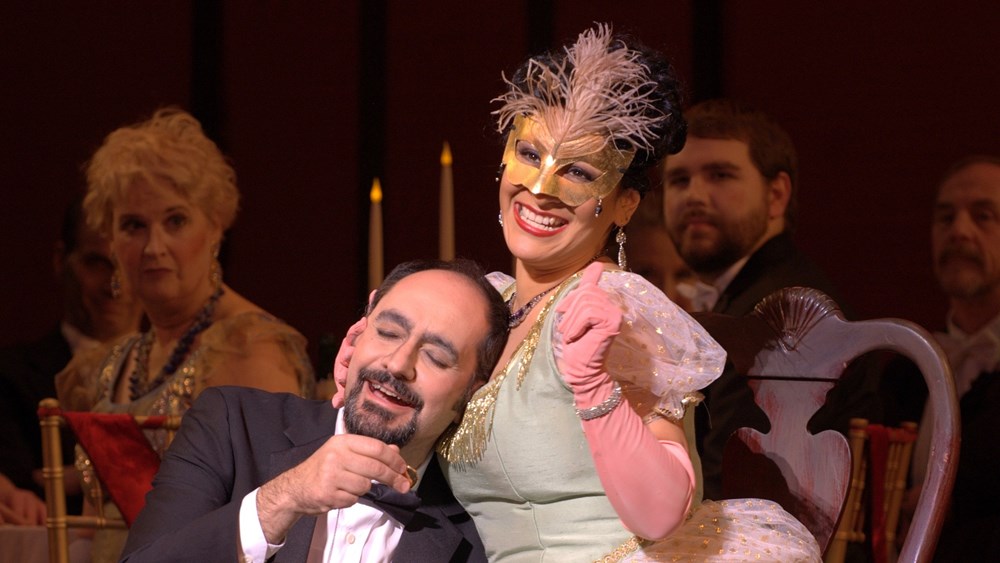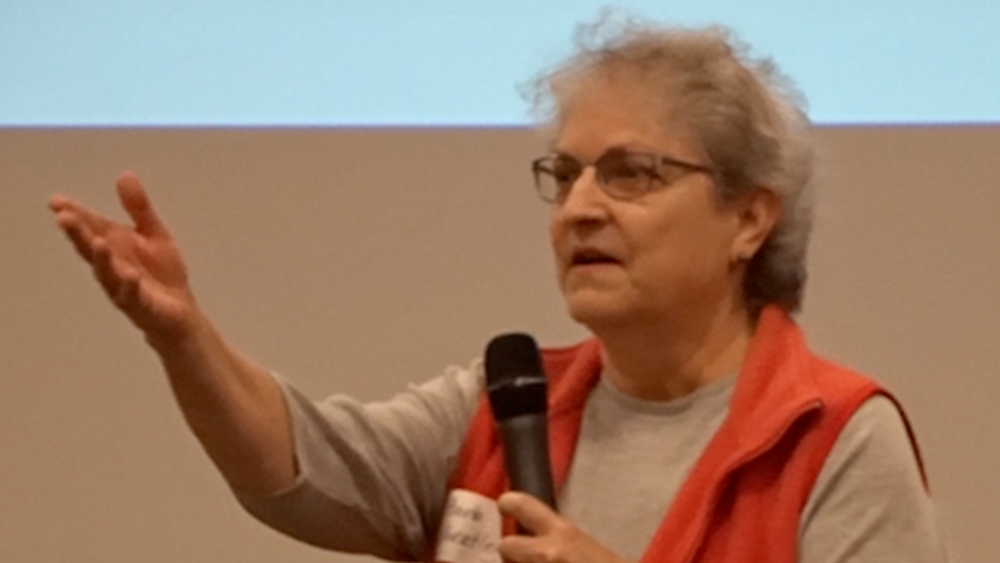A Second Act in Oregon

The big news in Eugene Opera’s June announcement of its 2017– 2018 production roster wasn’t the slate of operas, but the fact that the season was happening at all. Six months earlier, facing a $200,000 deficit and disappointing ticket sales, the company had called off the remaining two productions of its 2016–2017 season, making its future existence an uncertain proposition. “People said, ‘A company that cancels halfway through the season isn’t going to make it — it’s the kiss of death,’” says Barbara Wheatley, the company’s board president. “But I was more optimistic. The question was, was there enough support within the community to go forward? Could we do enough of what it takes?”
The board already had an awareness of the path it needed to follow. The previous April, struggling with a smaller, but still significant, financial shortfall, it had met with a fundraising consultant. “We came to realize that our development profile was way out of whack,” Wheatley says. “We staged successful fundraising events, but individual giving was way below what it should be. We just did not have a good relationship with our donor base.”
Two things stood in the board’s path to good development practice: “It’s a slow process, and we needed money fast,” says Wheatley. “It also takes staff support, and we didn’t have that.” Not only did the company have no development staff, but its general director, Mark Beudert, was a part-time employee. A faculty member at the University of Notre Dame, Beudert spent less than half of his time in Eugene: an arrangement that prevented him from engaging in feet-on-the-ground fundraising.

When the crisis hit, the board went into high gear in its efforts to save the company. It sought advice from Susan Ashbaker, general and artistic director of Tri-Cities Opera; Susan Danis, general director and CEO of Florida Grand Opera public library. “We needed to tell them what was going on and listen to their input,” says Wheatley. “Did they want an opera company? Did they want our kind of opera company? What operas did they want to see? We were fortunate to discover that the support is there.”
A group of six donors put up a $60,000 matching donation toward erasing the company’s debt. “That was critical,” Wheatley says. “It told people right away that there was at least that level of support, and they wouldn’t be throwing good money after bad.” The company also garnered donations from former supporters who had fallen out of its sights, and from new donors who had previously been unaware of the level of its needs.
Meanwhile, Randall Wells, an opera-loving local CPA, examined the company’s books, working pro bono. “He had come in expecting to find bloated overheads, which is usually the case in the for-profit world,” says Wheatley. “What he found, using comparative data from OPERA America, was that our overheads had been too low — we had been too frugal.”
In June, Beudert resigned from his post, and in September the company announced the hiring of its new executive director, Erika Rauer, formerly program director of the Community Arts Collaborative at the University of North Carolina, Greensboro (see Transitions, page 10). Her focus will be development and administration; meanwhile, Andrew Bisantz, formerly the company’s music director, has taken on the expanded role of artistic director. “No question, this is more expensive,” says Wheatley. “For years we said we can’t afford it. What we’ve seen is that we have to afford it. If the level of support for opera in Eugene isn’t sufficient for this level of staffing, we aren’t viable as a professional opera company.”
The success of the spring fundraising efforts is by no means an absolute guarantee of Eugene Opera’s continued good health, but it’s a hopeful, morale-boosting sign. “We aren’t home free yet — we still have a fight on our hands to make sure next season goes forward successfully,” Wheatley says. “But that’s the nature of the beast.”
This article was published in the Fall 2017 issue of Opera America Magazine.

Fred Cohn
Fred Cohn is the former editor of Opera America Magazine.




